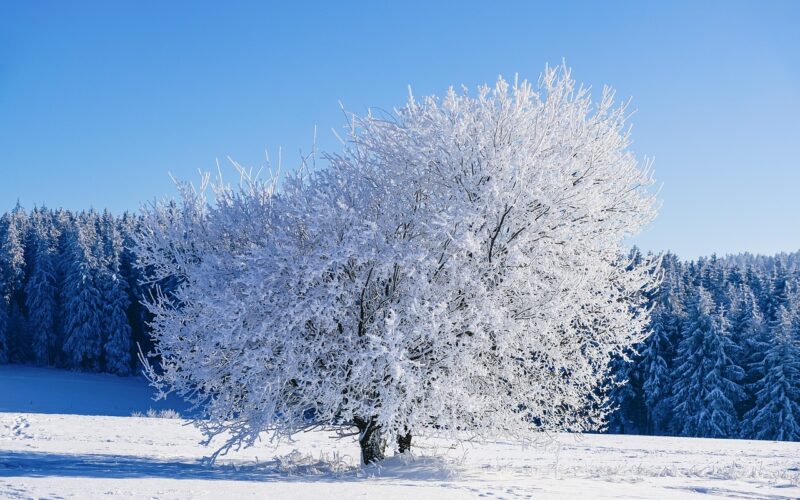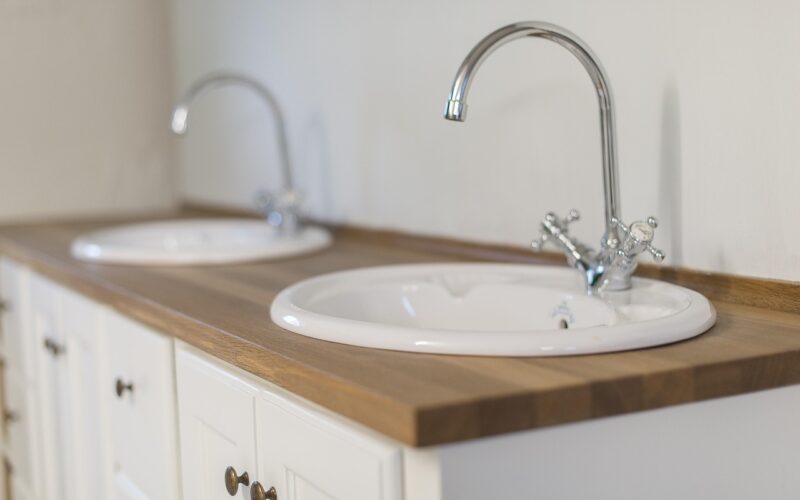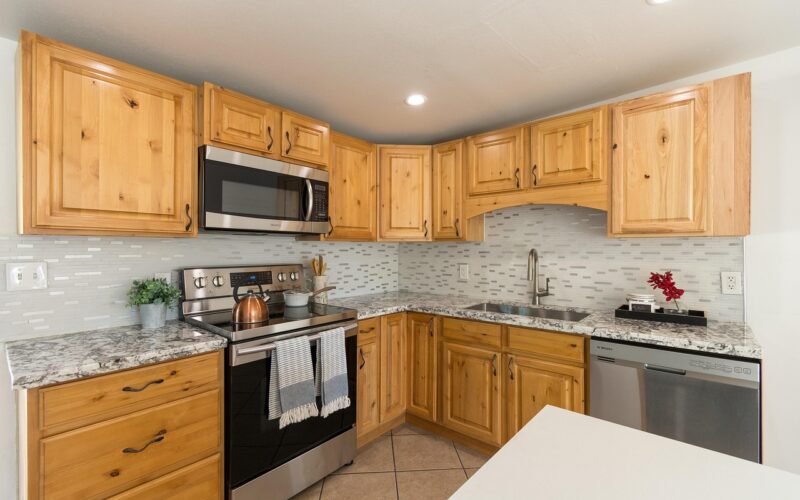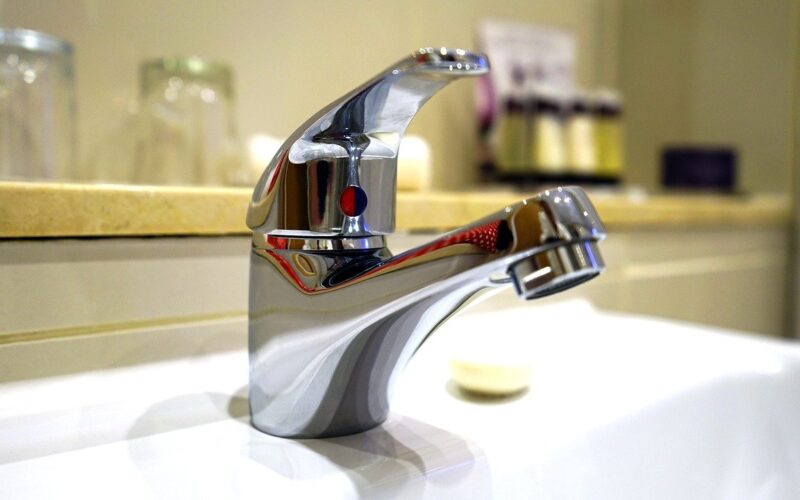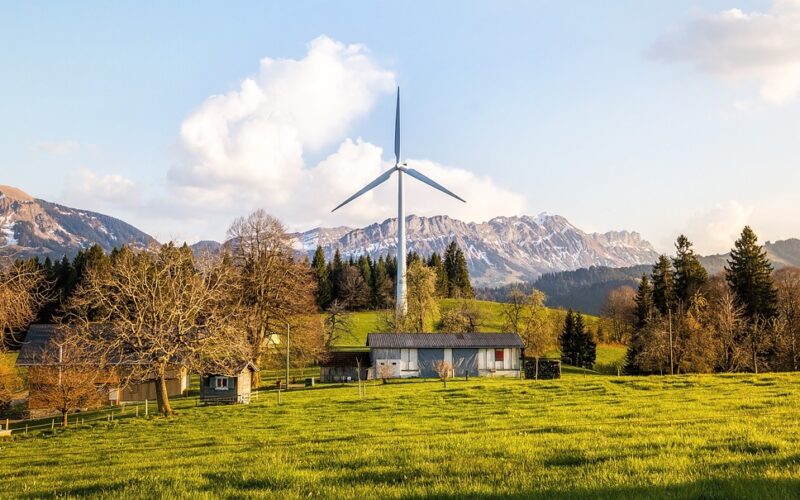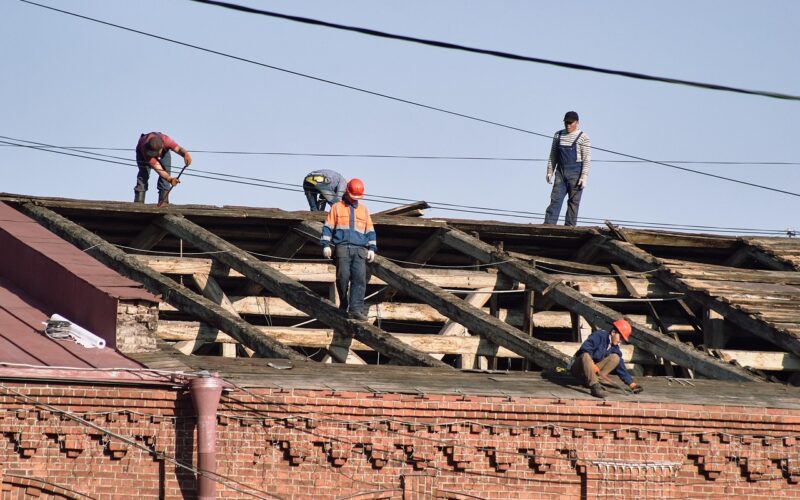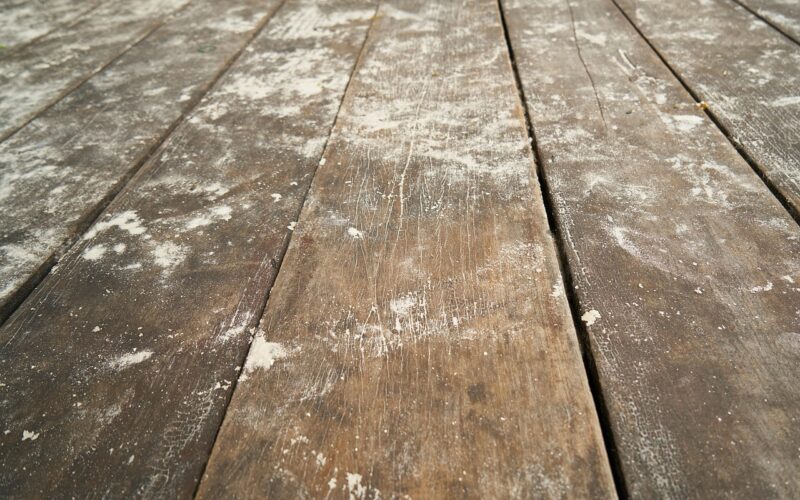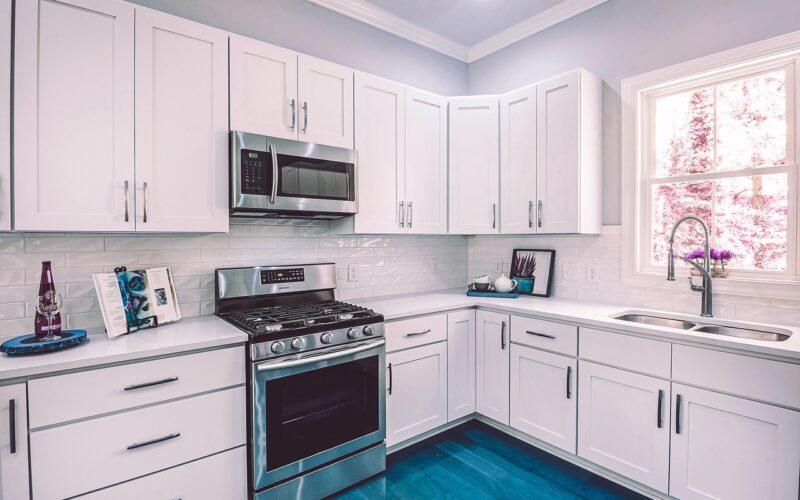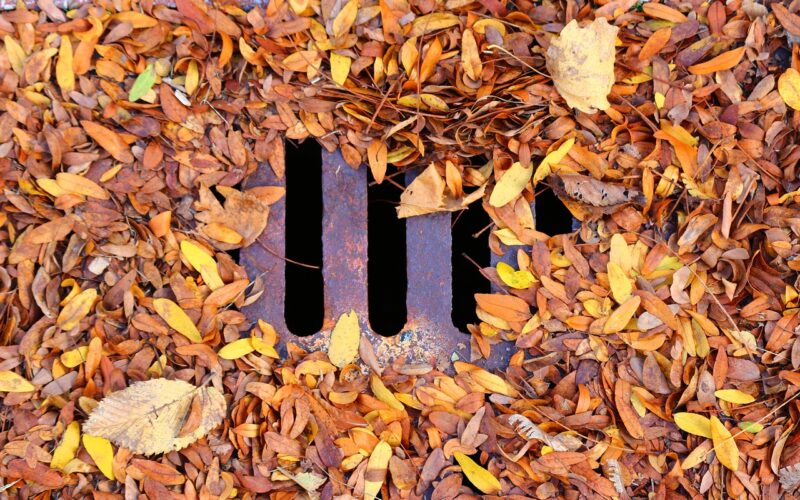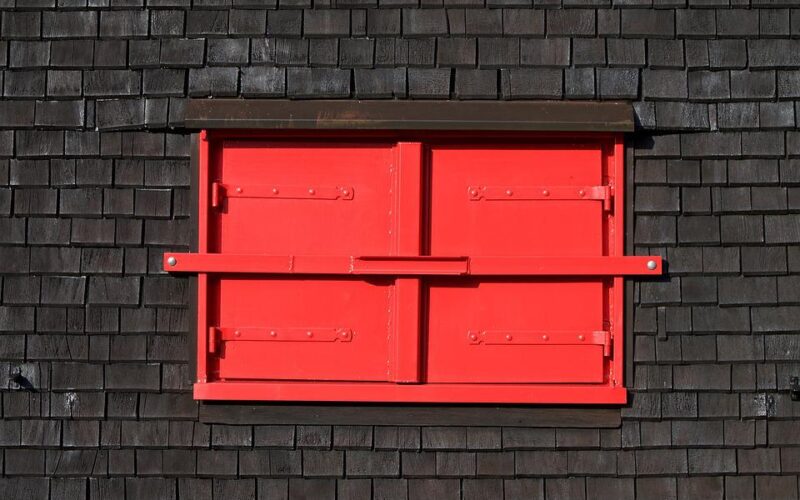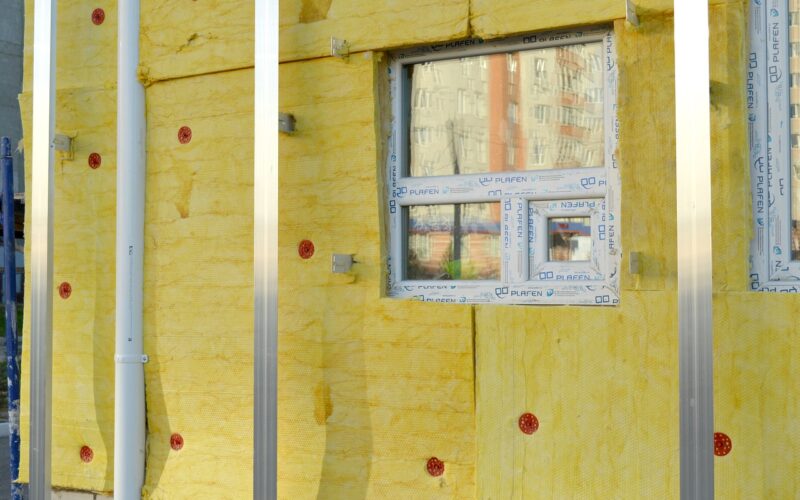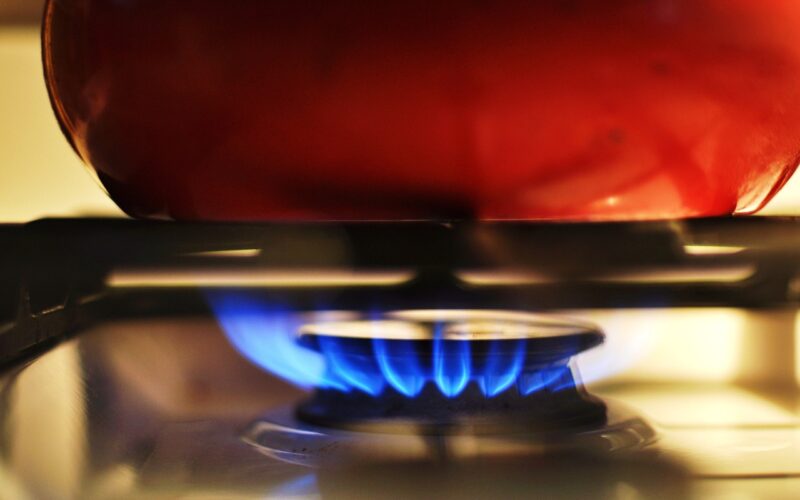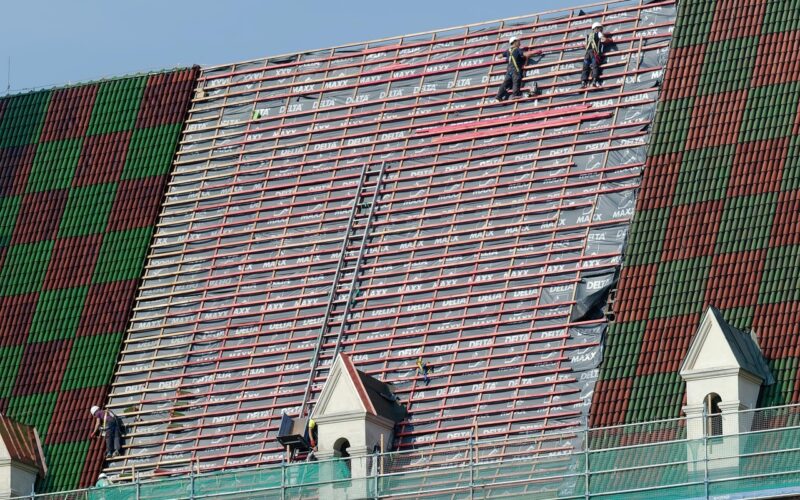The last thing anyone wants is a boiler breakdown in the middle of a cold snap. An unexpected failure means no heating, no hot water, and the stress of finding an emergency engineer. The best way to prevent this scenario is to check your heating system before winter arrives. A pre-season check-up ensures your boiler is safe, efficient, and ready to handle the demands of the colder months, saving you money and giving you peace of mind.
The importance of pre-season boiler checks
Conducting checks in the autumn, before you rely on your heating daily, is a smart move. It allows you to identify and fix minor issues before they become major, costly problems. An efficient boiler uses less fuel, which lowers your energy bills and reduces your home’s carbon footprint. More importantly, these checks are vital for safety. A faulty boiler can leak carbon monoxide, a colourless and odourless gas that can be fatal. Ensuring your system is in good working order protects your household and your finances.
Your pre-season boiler checklist
While some tasks require a professional, there are several simple checks you can perform yourself to get your system ready for winter. First, conduct a visual inspection of the boiler and its surrounding pipework for any signs of leaks, corrosion, or damage. Check the system pressure by looking at the built-in gauge; it should typically be between 1 and 1.5 bar when the system is cold. If it’s too low, you can usually top it up using the filling loop. Bleeding your radiators to release trapped air will help them heat up fully and evenly. Finally, test your thermostat and programmer to ensure they are working correctly and turning the heating on and off as scheduled.
Essential maintenance for safety and performance
Beyond the basics, a few more steps can make a significant difference. Check that all external vents and flues are clear of blockages like leaves, debris, or wildlife nests, as this is crucial for safe operation. Test your carbon monoxide alarms to ensure they are functioning and have fresh batteries. In freezing weather, the condensate pipe can freeze and cause a shutdown. Insulating this pipe with foam lagging can prevent this common issue. While a professional will handle more complex tasks, these simple steps are an excellent first line of defence. An annual boiler service is the most reliable way to ensure everything is operating as it should.
When to call a professional
DIY checks are helpful, but they don't replace the expertise of a Gas Safe registered engineer. If you notice persistent pressure drops, unusual noises like gurgling or banging, or a pilot light that keeps going out, it’s time to call a professional for repairing boilers. An engineer can perform a comprehensive safety inspection, clean internal components, and check gas pressures. Attempting to fix complex faults yourself is dangerous and can invalidate your home insurance or boiler warranty. Regular professional maintenance not only ensures safety but also extends the lifespan of your appliance, delaying the need for a costly replacement.
Signs you may need a new boiler
Even with diligent maintenance, boilers don’t last forever. If your boiler is over 10 years old, frequently breaks down, or your energy bills are steadily climbing, it may be more cost-effective to invest in a replacement. Other warning signs include the boiler taking longer to heat up or radiators that struggle to get warm. Planning for a new boiler installation before your current one fails completely gives you time to research options and budget accordingly, avoiding the premium costs associated with an emergency call-out.
Plan ahead to stay warm
Don't wait for the first frost to think about your heating. By following this pre-season checklist and scheduling your annual service during the quieter autumn months, you can ensure your home stays warm and safe all winter long. Addressing potential problems early is the most effective way to avoid the disruption and expense of a boiler emergency. Take action now to prepare your heating system for the work ahead.
